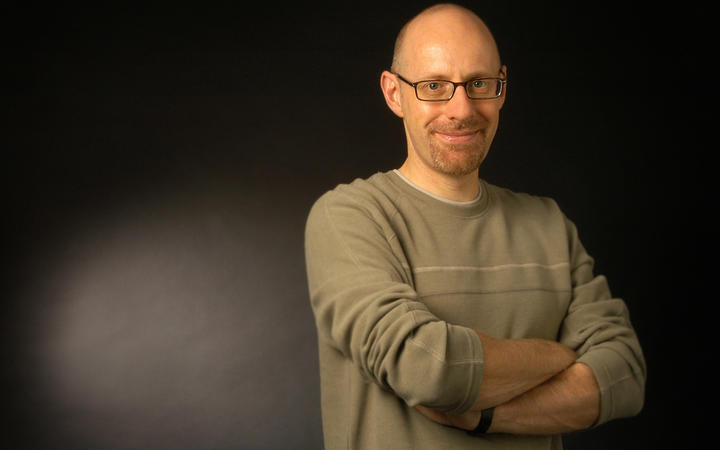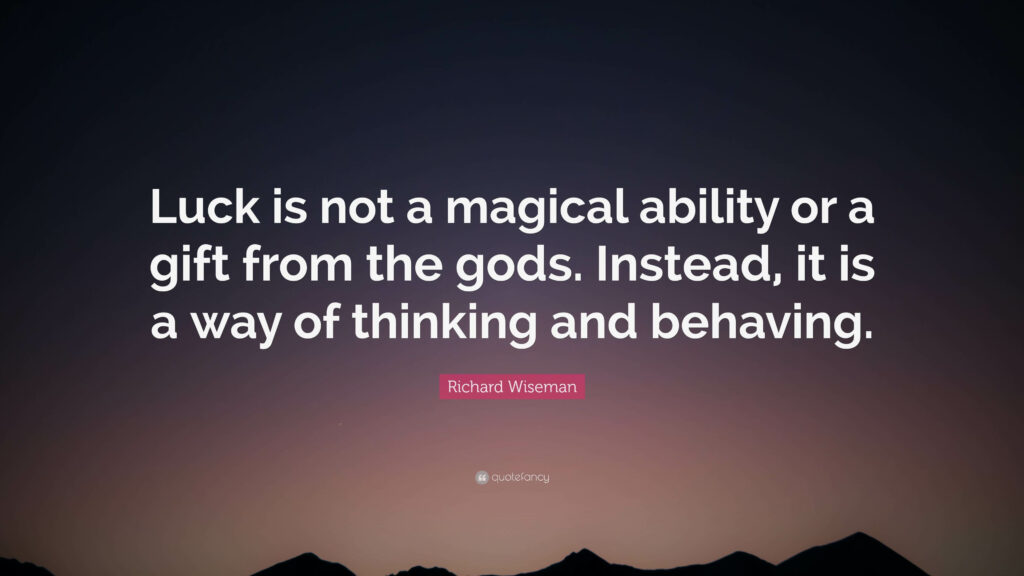If I tell you that the secret of success is actually very close to you, how would you react? What is success? People struggle for something all their lives; how successful are they? What is the myth of success?
There is no need to look for success elsewhere or in other people. Everyone is successful. In some, it happens faster; in others, it takes ages to reach the desired success level. Common beliefs say that people need at least a slight chance to succeed. However, the research in this area proves that people can be successful without any chance. How? Keep reading.

Everyone in their childhood believed that they needed to have a “chance” to get anything they wanted.
Sometimes we see the following expression:
“Chance is distributed at 6 o’clock in the morning.”
The chance we are talking about here has nothing to do with the belief in our minds. Chance is also known as the secret of success. But is the secret of success really a chance that we cannot fully express it even?
When people see that someone has succeeded, they usually try to connect their stories by chance or its sparks. However, what is behind that success, moment or story is not discussed; it is rarely highlighted and considered. Often people do not want to see the suffering or the path behind success.
The secret of success begins with reality.
There are moments when life smiles at some people. Everything is going well for these people, or so it seems. They are always prosperous; they are the luckiest people in the world. There are other people along with them; they are constantly struggling and trying. What they do to achieve something is not like the first ones; their plans always fail, they cannot find inner peace. They assure themselves that whatever they will do, the failure will follow them to the end of their lives.

In 1993, British psychologist Richard Wiseman started to pursue research into what really happens to these two groups of individuals. His purpose was to find why these two groups had different views, beliefs, and success levels. He wanted to understand why some people could manage to be in the right place at the right time, but not others?
Wiseman found the people to be interviewed for the study by announcing it in a newspaper. As a result of the announcement, about 400 people between 18 and 84 applied for interviews voluntarily. Half of them considered themselves “lucky” enough to achieve their dreams, while the other half claimed “unlucky” because their chance was not always going well. Over the years, the researcher spoke to them, interviewed them, and asked them to record their tests and experiences on a daily basis. Although his research has never been able to explain the randomness of human existence, he has been able to find some patterns of thought and behaviour that directly affect individuals’ chances (luck).
Experiments to find the secret of luck.
During his research on the secret of success, Wiseman gave a series of instructions to the people he invited. First, he asked everyone to count the pictures in the magazines. The group that considered itself unsuccessful spent an average of 2 minutes on this task, while the other group solved it in a few seconds. What was the reason here? There was a note on the second page of the magazine: “Stop counting. There are only 43 photos in the magazine. ” This notice almost covered about half of the page, but only the first group noticed.

As a result of various personality tests, Wiseman observed that the unsuccessful group was more anxious than the lucky group. Anxiety makes it difficult for a person to accept unpredictable events. The researcher concluded that people who say they are unlucky are usually just worried about one thing, and it does not allow them to see everything else. There may be specific things that they stop seeing: a newspaper ad or small details that come up with great opportunities that could change their lives, etc. People who say they are lucky tend to be more relaxed and open; it helps them understand what they are looking for and everything around them.
Wiseman also observed the behaviour of both groups at social events. The “unlucky” group participated in these meetings with “concrete ideas”; they determined where they would sit and who they would talk to. But the other group did not prepare themselves for these events; it did not matter who they sat with and what conversations they had. They wanted to gain new ideas, meet new people and expand their circle.
You may be interested in this article
Time management and Productivity: 7 tips to be efficient
The secret of success is just a few steps.
As a result of the study, Richard Wiseman created a formula regarding chance and luck. This formula, created by him, was used in further researches. The researcher identifies three behaviours for success in life:
1. Your mind and eyes must always be open. The desire and persistence to achieve the goals you set in advance may cause you not to see the details around you. Therefore, you must be aware of your fears, define your goals, but achieve them, you must have a broad perspective. Most importantly, you have to be brave enough to view the world from a different perspective.
2. See the positive side of everything. Every negativity in life brings several opportunities as well. Squeezing and blaming yourself when you don’t reach your goal or achieve what you want affects you not just for a day but for the rest of your life. So always review what you’ve got, remember who you are, and think about how you’ve come to be. Never let negatives define you.
3. Do something different once a week. Your routine or comfort zone increase security in your life. But at the same time, your routine can keep you from developing, and even it may limit you. You must work on new behaviours to get new opportunities. You never know what new behaviours, new people, or new events will bring, but these activities can give you new chances or the secret of success.
4. Turn bad luck into good. Lucky people aren’t always lucky but they handle everything different than unlucky people. Failure is the most essential element of luck or success. Without fail you cannot improve yourself and see the world beyond your borders. Always try to see the positive side of bad luck or failure. Successful people are convinced that the failure they face, in the long run, work out for the best. As a result, they do not dwell on their ill fortune.

